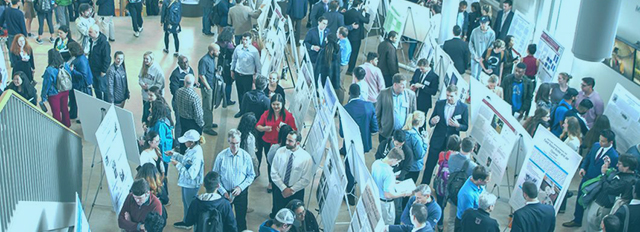
Posters and Papers
Document Type
Union College Only
Faculty Sponsor
Hans-Friedrich Mueller
Department
Classics
Start Date
22-5-2020 10:00 AM
Description
The Silk Roads refer to trade routes extending from the far East to the Mediterranean, along which goods such as silk, glass, and bronzes were exchanged. In addition to these material goods, language, culture, religion, and more spread their influences along the Silk Roads for thousands of years. The Silk Roads are considered to have 'officially' opened up in the 100s BCE, but pastoralist civilizations had been trading and exchanging goods and influence along the Eurasian steppe as early as 4/3000 BCE. The pastoralists were also critical to the functioning of the Silk Roads, acting as 'middlemen' of trade due to geographical and other barriers that acted to divide the Silk Roads. This presentation focuses in particular on the segmentation of the Silk Roads and the consequent misconceptions that Rome had of China, and China of Rome. I discuss the reception of foreign goods at Rome, and the moral horror that was inspired by the transparency of silk and the foreign influence that such goods represented. I also briefly highlight the historical conditions that led to the opening of the Silk Roads and the simultaneous convergence of the Roman and Chinese empires. This presentation seeks to explore the concept of the 'other' as viewed by both the Romans and the Chinese, whose only real knowledge of the other civilization was gleaned through the rumors and goods that traversed the lengths of the Silk Roads.
The Silk Roads: Moral Failure in the Face of Luxury and Reception of the 'Other'
The Silk Roads refer to trade routes extending from the far East to the Mediterranean, along which goods such as silk, glass, and bronzes were exchanged. In addition to these material goods, language, culture, religion, and more spread their influences along the Silk Roads for thousands of years. The Silk Roads are considered to have 'officially' opened up in the 100s BCE, but pastoralist civilizations had been trading and exchanging goods and influence along the Eurasian steppe as early as 4/3000 BCE. The pastoralists were also critical to the functioning of the Silk Roads, acting as 'middlemen' of trade due to geographical and other barriers that acted to divide the Silk Roads. This presentation focuses in particular on the segmentation of the Silk Roads and the consequent misconceptions that Rome had of China, and China of Rome. I discuss the reception of foreign goods at Rome, and the moral horror that was inspired by the transparency of silk and the foreign influence that such goods represented. I also briefly highlight the historical conditions that led to the opening of the Silk Roads and the simultaneous convergence of the Roman and Chinese empires. This presentation seeks to explore the concept of the 'other' as viewed by both the Romans and the Chinese, whose only real knowledge of the other civilization was gleaned through the rumors and goods that traversed the lengths of the Silk Roads.


